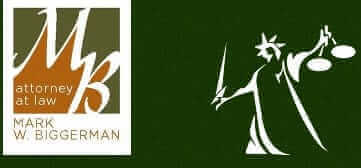While most jobs involve a certain amount of pressure and responsibility, conditions can occasionally cross the line into being out of the ordinary. Under such circumstances, it is possible that employment disputes may arise.
Both employees and employers have specific legal rights and duties set out at state and federal levels. Additionally, employment contracts tend to outline the roles of both parties. When obligations have been breached by either or both parties, disagreements may arise. Outlined below are three common types of employment disputes.
Disputes over wages
Conflict may arise between employers and workers when allegations are lodged that an employee has not been paid the appropriate amount of compensation. Not only does this relate to the set wage for the task at hand, but it may also include entitlements to paid breaks and overtime. Importantly, each state frequently has minimum wage requirements that an employer must fulfill.
Discrimination and harassment
All employees are protected from discrimination and harassment at state and federal levels. Common types of discrimination include where managers treat a worker unfavorably due to their race, religion, gender, disability or other protected characteristics. No person should face discrimination and when this occurs in the workplace, litigation can ensue.
Wrongful termination
Ohio is an “at-will” employment state. This means that an employer is able to terminate an employee as long as it is not done on a discriminatory basis or in breach of contractual terms. At times, an employee may feel as if they have been dismissed unfairly, which can result in wrongful termination cases.
As an employee in Ohio, you have a right to be treated with dignity and respect. Additionally, both you and your employer have legal rights and obligations. If you feel that you have been treated unfairly in the workplace, there may be legal options open to you.

